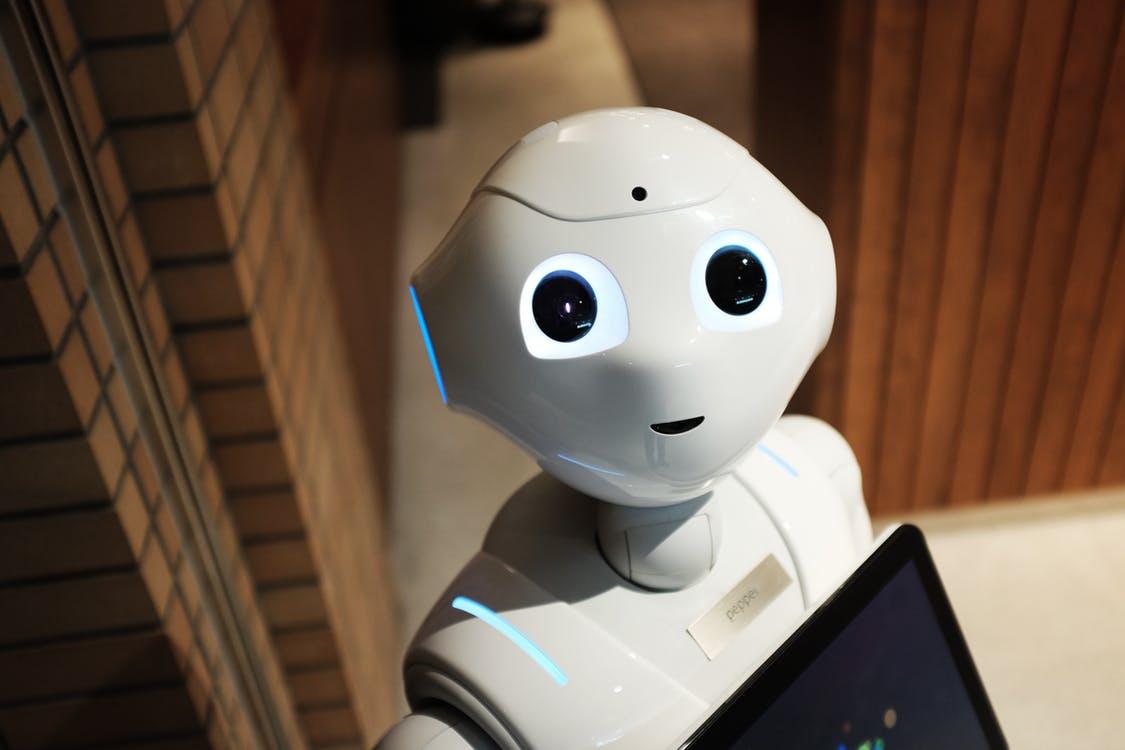Comparing Artificial Intelligence with Big Data is fair only to an extent since both technologies are bound not to compete, but to work together. In this one is the raw input, and the other is the output – the result.
However, each of them has its importance, in terms of investments, technologists, and research going on. Lately, there has been a lot of buzz around these two wonders. The concepts are such that it creates confusion from the competition. However, there is one thing which is common in both these concepts: rapidly growing public interest.

A recent survey revealed that more than 95% of executives of huge corporations have already launched Artificial Intelligence or Big Data initiatives. Another essential aspect revealed by the same study suggested that more than 75% of the above executives thought that both the phenomenon are very carefully interconnected, and offer high power when used in tangent.
Who Will Win?
Artificial Intelligence and Big Data are two different tools for achieving the same objectives. Many of the people have no idea, what AI or Big Data is. All they can quote are a few well-known examples. So, first of all, we must understand each phenomenon on a stand-alone basis.
Artificial Intelligence
Artificial Intelligence refers to the computing concept through which the machine carries out all the processing in a cognitive manner. It can react with the input data just like humans.
Traditional computers also possess the same ability, but their interactions with data are pre-programmed. They are unable to interact with data that is not expected or programmed into them.
Artificial Intelligence can accommodate its behavior depending on the input it is receiving.
A machine that is Artificial Intelligence enabled can not only perform traditional functions but can also analyze data and devise its solution. Moreover, it also can learn from itself when it has designed a solution to a problem.
Big Data
Big Data refers to the traditional computing style. Big Data cannot react with data like Artificial Intelligence. It can see the data and then process it as per instructions are written into its program.
Of course, it can work with massive data that is very diverse, like pictures, graphs, and email messages. Big Data can work with standardized data as well as unorganized and raw data.
Significant Differences Between AI and Big Data
One of the essential differences between AI and Big Data is that it represents the data in its most basic form: raw, unorganized, and irrelevant. This data needs to be structured before it can become useful.
On the other hand, Artificial intelligence refers to the output achieved through that raw and unorganized data after processing it.
It means that the Artificial Intelligence and Big Data concepts are fundamentally different from each other in their most basic forms.
There are also differences in the usage of these two concepts. Big Data is used to get insight. An example is Netflix. It can suggest movies and shows based on your previous TV-watching history, coupled with the history of all your peers. With the help of all this data, collected over a period, Netflix gains an insight regarding the preferences of its customers.
Similarly, Custom Electric Motors can predict quite efficiently how its customers will react to the introduction of a new motor with more horsepower.
On the other hand, Artificial Intelligence provides help in making decisions. Artificial Intelligence is making decisions that were previously made by humans. An example is a self-driving car manufactured by Waymo which originated as a project of Google
Moreover, AI decision making is faster and offers fewer chances for errors.
Artificial Intelligence and Big Data in Tangent
Artificial Intelligence and Big Data are inherently different from each other. They can work together for better results. AI has a craving for data on which it can build its history and make future decisions. The more data it has, the fewer chances of errors in its conclusions.
Big Data can provide that data in a structured and organized form to Artificial Intelligence so that it can identify it and store it. It can work with enormous data, separate useful data from junk, and store it in an organized and structured manner.
Once the data is maintained, the work of Artificial Intelligence begins. It can use algorithms and manipulate this data as per its requirements.
It does not mean that there is no need for Big Data once it has provided initial data to the AI. There is always a need for more and more data to keep the AI up to date at all times.
The Final Word
Who will win, Big Data or Artificial Intelligence?
The answer to this question is that they are both winners. But, they cannot survive without each other. While Big Data provides the necessary data to AI for its decision-making, the AI builds on that data and carries out its functions.
Both these phenomena are interrelated and can offer the best results when used in tangent rather than against each other.